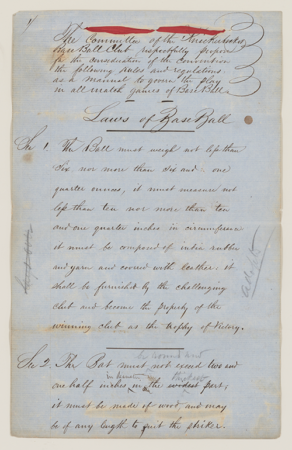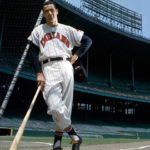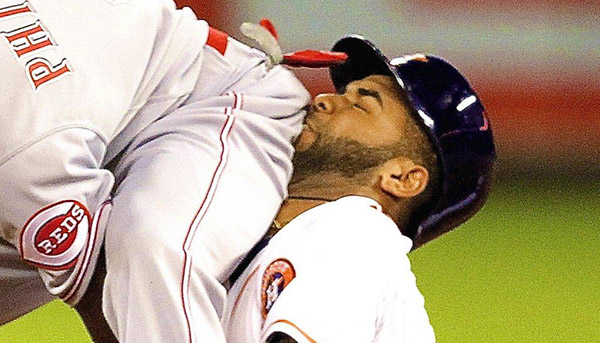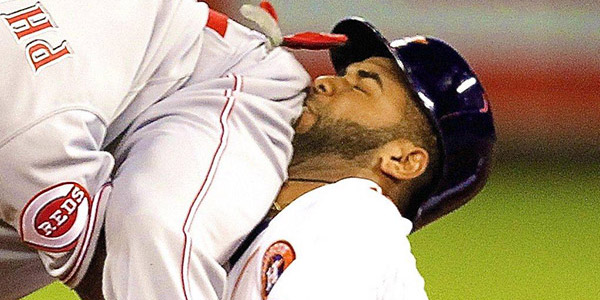Baseball History: When Batters Were Called Strikers
 In The Washington Post online edition of 17 August 2018, there’s an article on a podcast entitled, The Long-Lost “Laws of Baseball.” It’s a thoroughly enjoyable 4:32 broadcast.
In The Washington Post online edition of 17 August 2018, there’s an article on a podcast entitled, The Long-Lost “Laws of Baseball.” It’s a thoroughly enjoyable 4:32 broadcast.
I happened upon the podcast in one of my my daily journeys through The Post. It discusses a written document that outlines the rules of baseball and speculates about its origins. It’s worth a listen.
The podcast is one in a series in the Retropod series, hosted by Mike Rosenwald. The Retropod podcasts deliver esoterica for history lovers, featuring stories about the past, rediscovered. The idea is to paint pictures of history’s most colorful characters—forgotten heroes, overlooked villains, dreamers, explorers, world changers, and bring them alive through the human voice.
Perhaps the most exciting aspect of this podcast, for me, is that in the “laws,” the batter is described as a “striker.”
A striker. Hmm.
I wrote a piece for Foul Territory about the impact of British rounders and cricket on the evolution of American baseball, and now there is a baseball exhibit at the Library of Congress where in an original baseball document the term “striker” is referenced in the “laws of baseball” to describe a batter hitting a ball.
Strikers are batters in cricket and rounders, and goal scorers in football, or soccer as it’s known in America. Just put on any broadcast of a British Premier League game, and listen to them talk about the striker.
It’s a further inference that early baseball emerged from the recreational rituals of Britain. Perhaps, what the colonists brought over to America in the mid-1700s was not only a zeal for religious freedom, but a love of cricket and rounders that changed over a hundred years into baseball. A uniquely American game, the same way jazz is a uniquely American musical expression. And maybe that’s why baseball is called the “national pastime,” because it draws on a fundamental American urge that no other sport can quite match. Teamwork. Individualism. Specialization. Athleticism. All at a slow, enjoyable pace.
And as baseball grew into a prominent activity in America, it proved able to integrate Americans and recent immigrants into its framework. To unite the country around the enjoyment of the game until it became too popular to remain an amateur affair.
So popular that, as urbanization and other trends pulled America apart, baseball served as a unifying trend—even stronger than the gambling and business challenges it faced as it swallowed them up and mediated their pernicious influences over a three or four decade window, until baseball became a quasi-legitimate business enterprise in 1903 that would still require another 20 years until the Black Sox scandal of 1919 to clear the air. Then baseball would hire a stern patriarch from Ohio in 1920 to police the sport and rid it of the external predatory influences threatening its legitimacy.
And Babe Ruth would begin hitting home runs by the dozens, and baseball would not look back.
Take a listen, maybe you’ll hear something else remarkable.

























